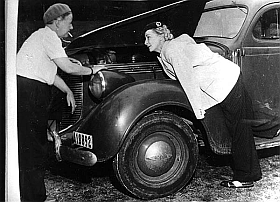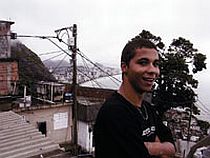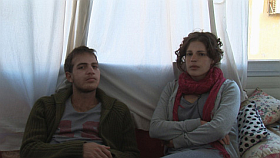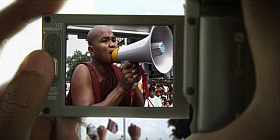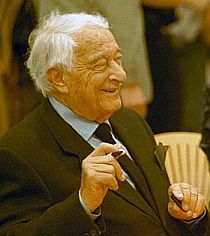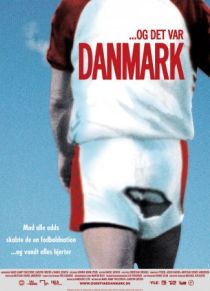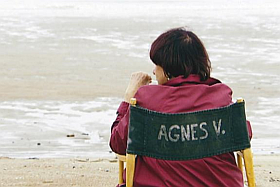


Cinemateket: Tegnedrengene mm.
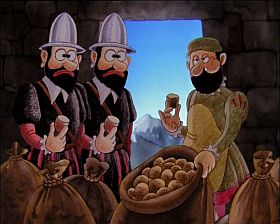
Hvilken brilliant idé – og det manglede bare! Cinemateket viser i januar Tegnedrengene’s to mesterværker ”Eventyret om den vidunderlige kartoffel” (1984) og ”Eventyret om den vidunderlige musik” (1990). Det gøres i forbindelse med serien af animerede dokumentarfilm, og det er selvfølgelig noget vrøvl at kalde de to tegnefilm for dokumentar, men skidt nu med det, for nye seere, og tag dine børn med, kan passende begynde her i udforskningen af de fremragende film, som blev til i hvad der var storhedsperioden for Anders Sørensen og Per Tønnes Nielsen, Tegnedrengene, der under producent og instruktør Svend Johansens produktionsledelse og med penge fra Statens Filmcentral (SFC) sørgede for filmforsyning og herlige stunder i det ganske land. Begge film var på hitlisten i SFC i mange år. Og begge film, og mange andre, bl.a. af Liller Møller, kan købes på dvd hos Svend Johansen, se nedenfor. For mig vækker tanken om disse film smukke minder om talrige turnéer rundt i Danmark med Anders og Tønnes (æret være hans minde!), gøglere af Guds nåde. Visning i Cinemateket 31.01.09 kl. 14.
Serien af animerede dokumentarer indeholder naturligvis også øjeblikkets hit, ”Waltz With Bashir” (se anmeldelse på filmkommentaren.dk) og film fra fantastiske Aardman-studie, som vi i sin tid elskede at tage til Odense festivalen.
Ellers? Check selv programmet, der som sædvanligt er blandet på en fin og kvalificeret måde – jo, 10 film af Andrzej Wajda er der, bla. hans nyeste ”Katyn”.
http://www.filmforsyningen.dk/
http://www.dfi.dk/cinemateket/Program/seriebeskrivelse.htm?pageType=titler&id=4074
